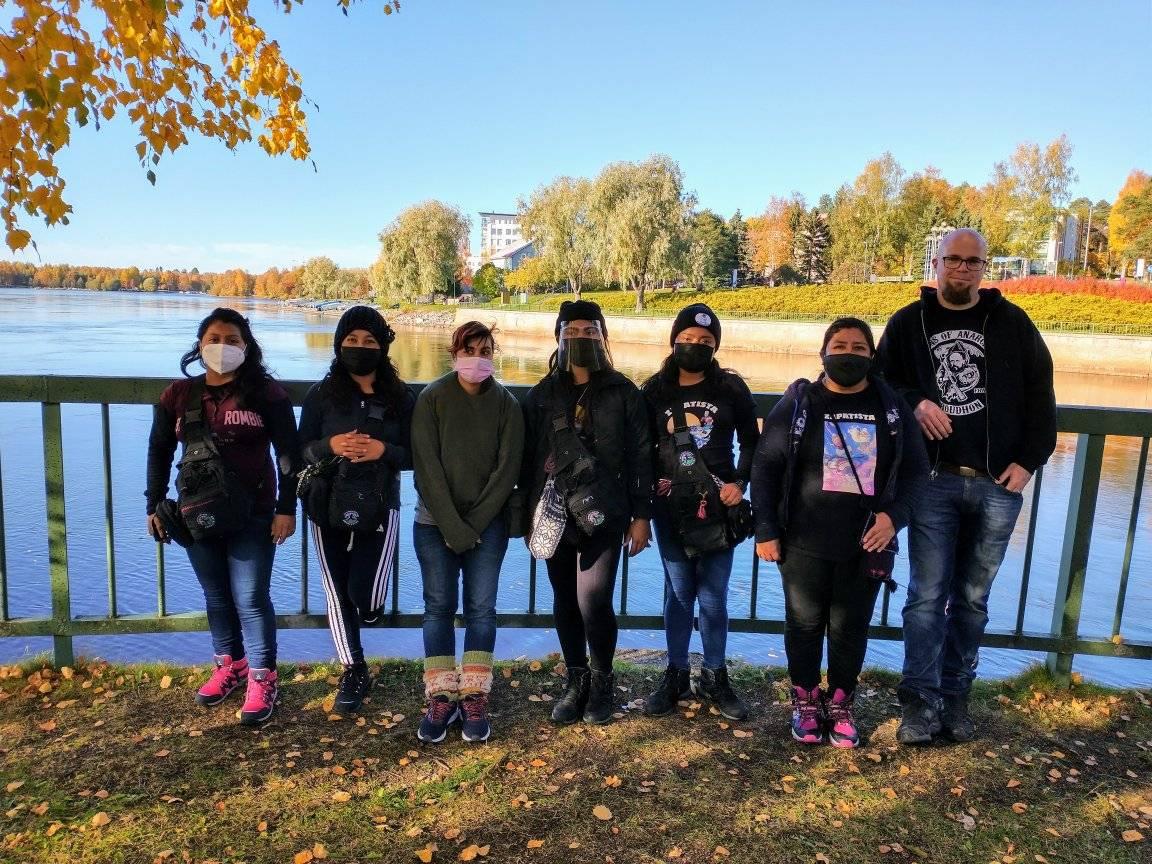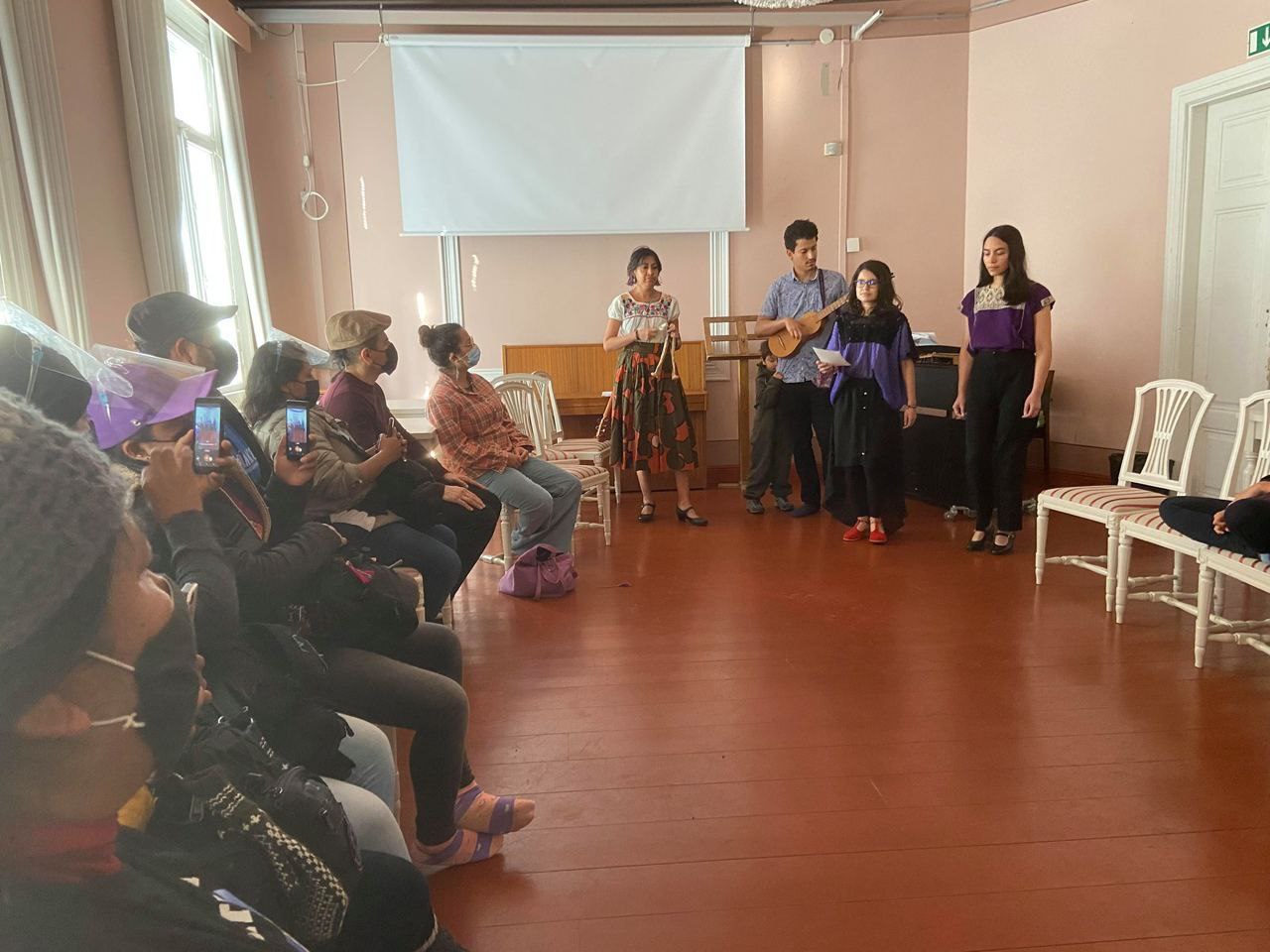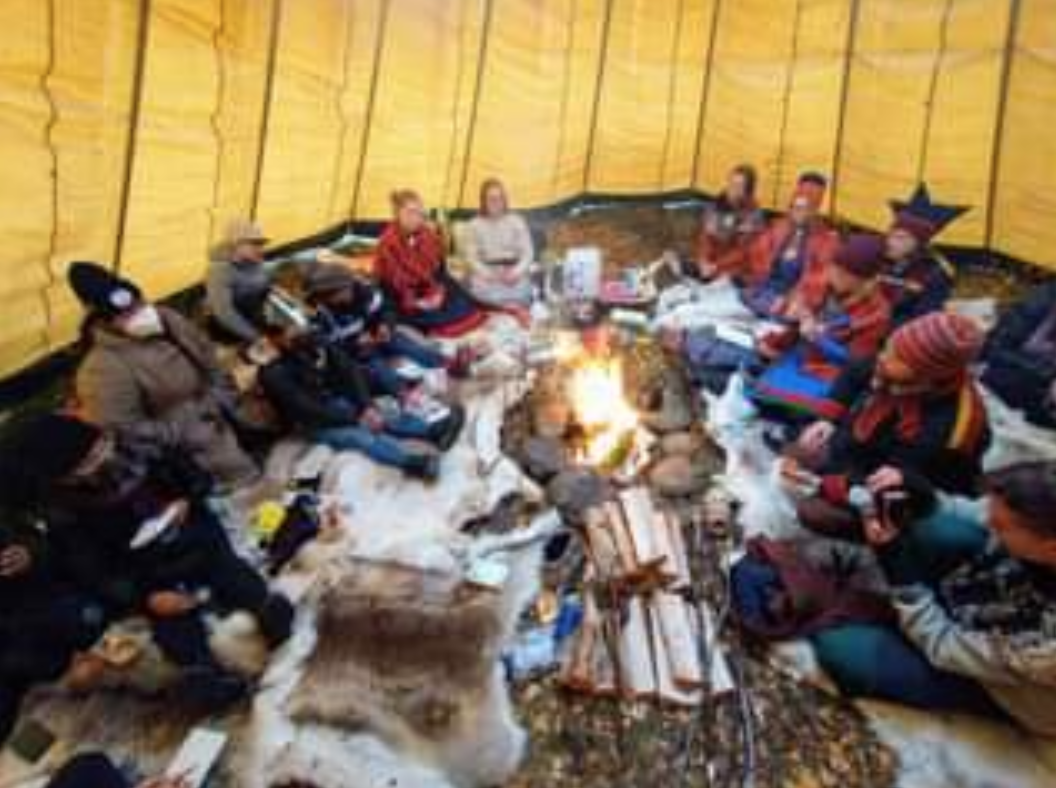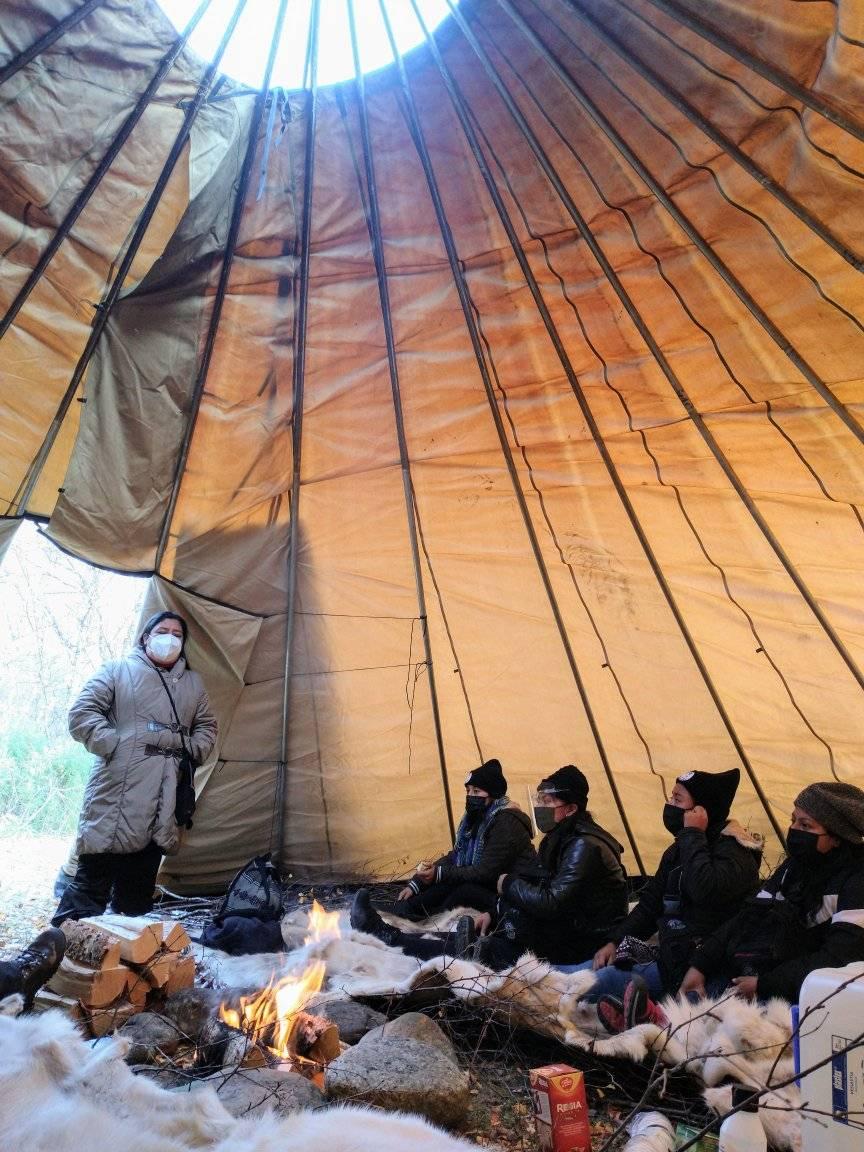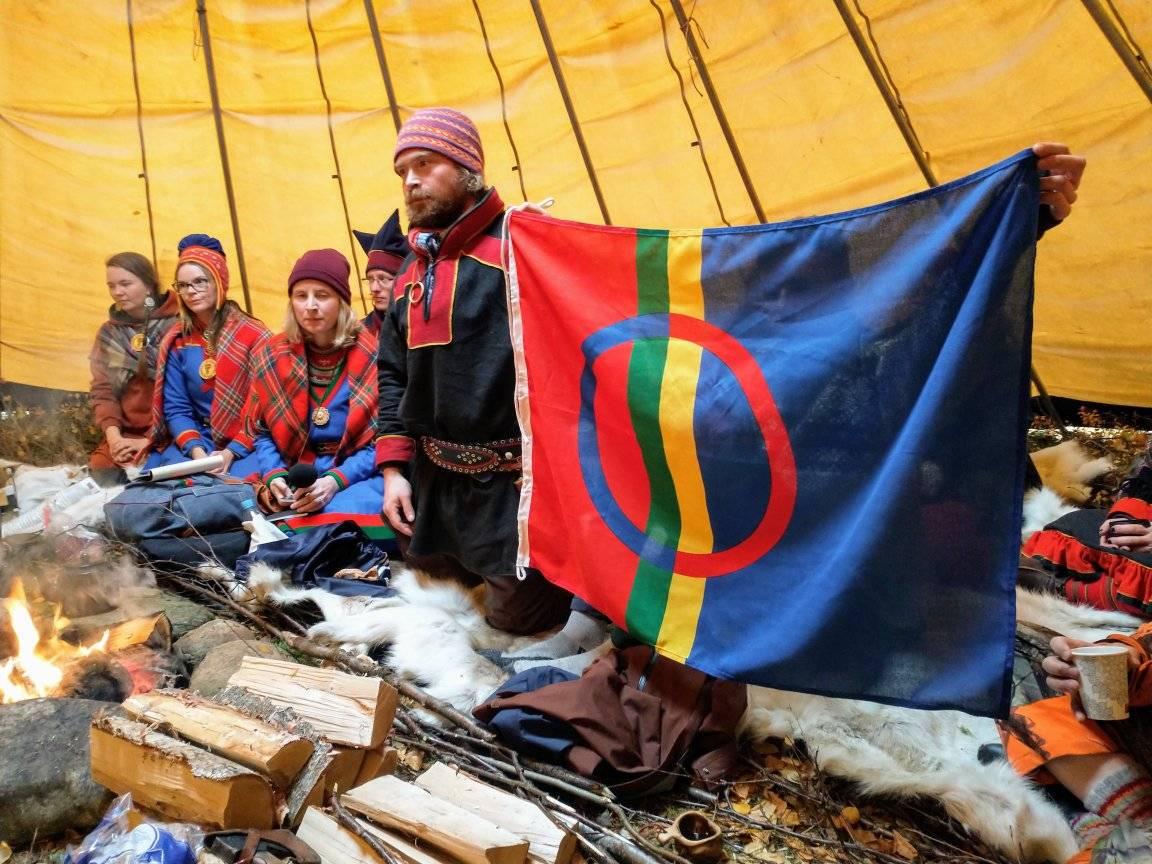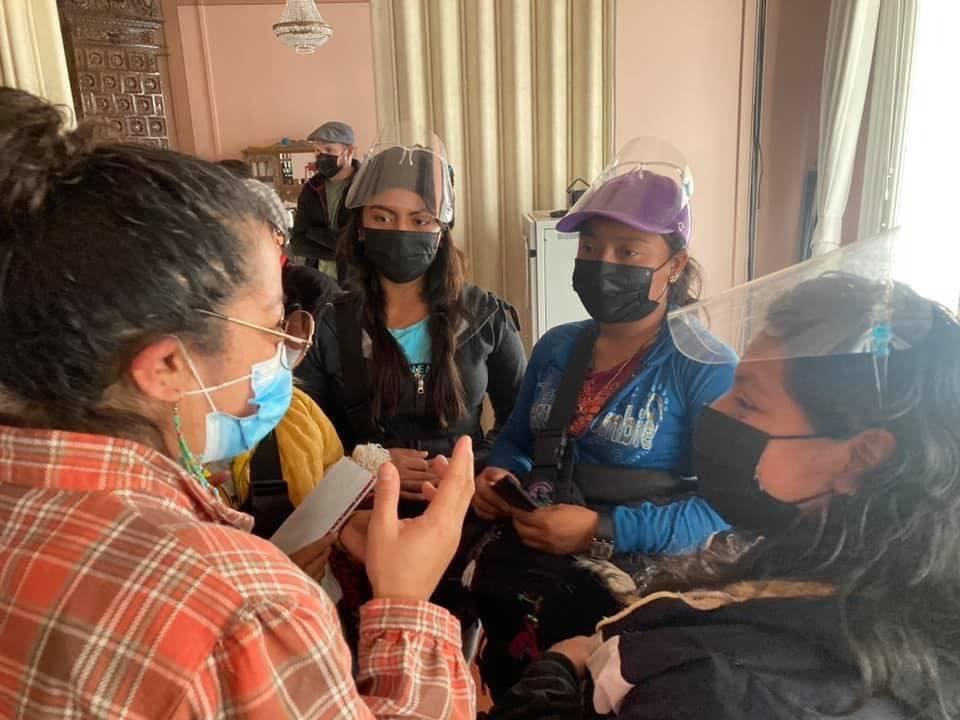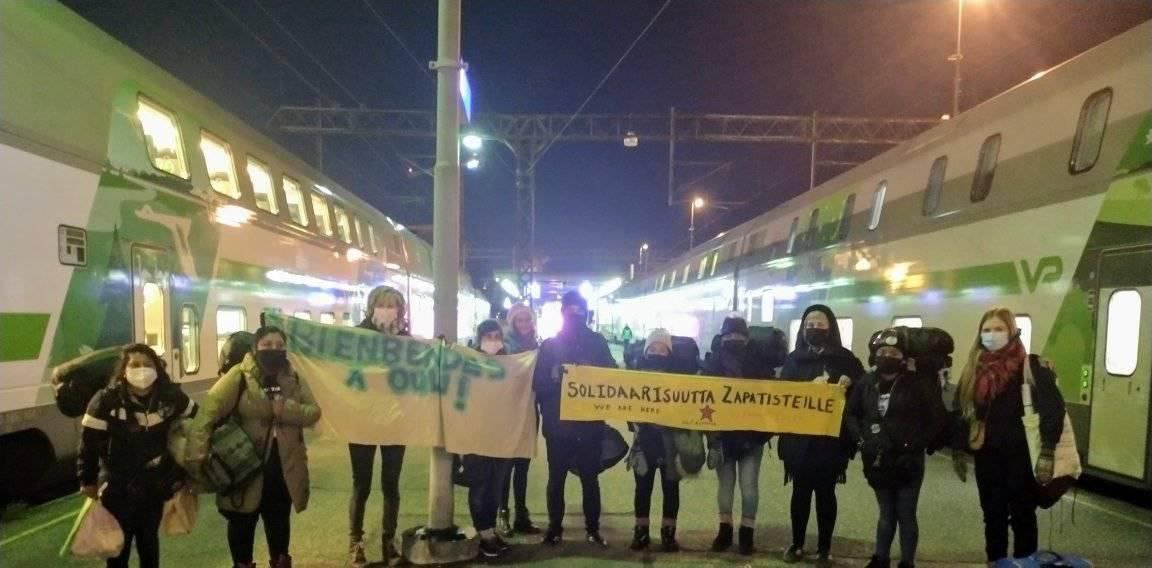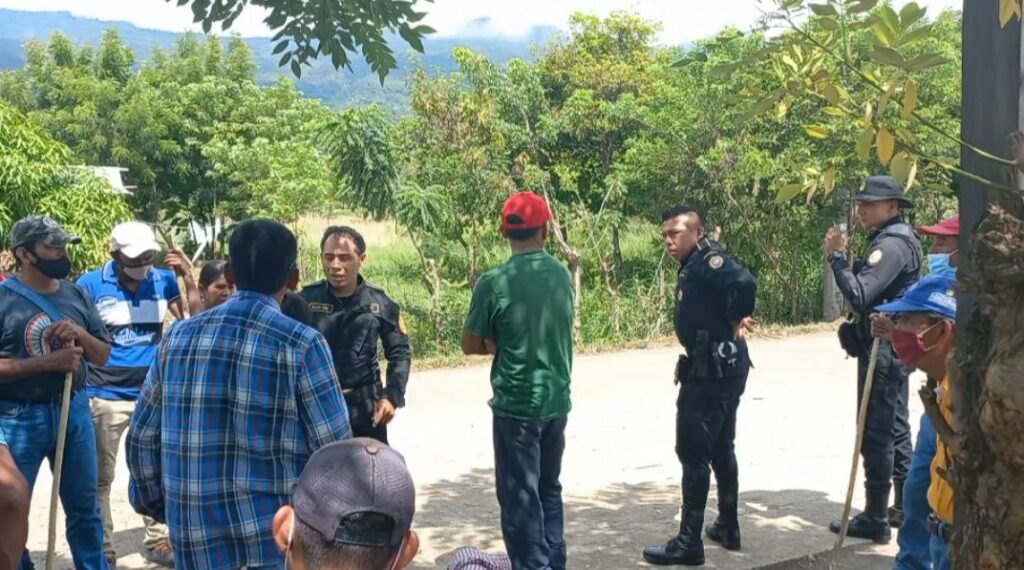Por Carlos Gutiérrez*
En estos últimos días la empresa Facebook Inc. vivió uno de los pasajes más negros de su historia. El nuevo capítulo del conglomerado de redes sociales propiedad de Mark Zuckerberg comenzó a mediados de septiembre, cuando el diario The Washington Post publicó “The Facebook Files”, un trabajo de investigación con documentos que muestran cómo los directivos de la empresa conocen los efectos nocivos de su plataforma y sin embargo han antepuesto sus intereses económicos a la seguridad de los usuarios.
Aquel trabajo periodístico también revela cómo Facebook Inc., aunque supervisa a casi todos sus usuarios, evita hacerlo con miles de cuentas VIP, lo que permite publicar material que puede incluir acoso e incitación a la violencia. “Los documentos ofrecen quizá la imagen más clara, hasta ahora, de qué tanto se conocen los problemas de Facebook al interior de la compañía, incluyendo al propio director ejecutivo”, dice la introducción de la investigación.
El domingo 3 de octubre, la ingeniera informática y exempleada de Facebook, Inc., Frances Haugen, confesó a CBS, una de las más importantes cadenas de televisión en Estados Unidos, que ella fue quien filtró a The Washington Postdichos documentos internos. Contó que los obtuvo a principios de 2021 cuando renunció a la empresa, a la que había ingresado en 2019.
Al día siguiente del “destape” de Haugen, las plataformas de Facebook, Whatsapp e Instagram sufrieron un apagón de seis horas. Es la segunda gran falla de este servicio en su historia; la anterior sucedió en 2008, pero entonces aún no tenían la importancia y penetración de la actualidad. El impacto mundial de esta semana afectó a 3.500 millones de usuarios, con pérdidas económicas globales superiores a los 1.000 millones de dólares, reporta Netblocks.
La caída de los servicios más populares de Facebook Inc. reveló la dependencia de millones de personas a estas plataformas digitales y su tremendo alcance económico. Por ejemplo, solamente Facebook perdió, por esta falla, unos 6.000 millones de dólares, calcula Bloomberg Billionaires Index. “El día en que Facebook desapareció de todos lados parece haber sido el resultado de un intento de Facebook de estar en todas partes”, publicó la articulista Molly Roberts en The Washington Post.
Facebook nació en 2004. Desde entonces, medios de comunicación, instituciones, gobiernos, líderes políticos y sociales, así como millones de ciudadanos en el planeta utilizan esta red social de manera cotidiana. Ha crecido de la mano de algunos escándalos como el que vivió en 2018, cuando investigaciones periodísticas revelaron que la consultora Cambridge Analytica adquirió datos de 50 millones de usuarios de Facebook en Estados Unidos, los cuales sirvieron para manipular a los votantes en las elecciones de 2016.
“El conglomerado Zuckerberg”, como le llama Luis Ángel Hurtado, académico de la Universidad Nacional de México, domina dos de cada tres mensajes enviados en redes sociales. “De esa magnitud debemos ver el papel que está jugando esta red sociodigital, la cual puede generar que un país completo quede incomunicado. O por lo menos una generación completa, porque quienes pagaron los estragos más fuertemente fueron las generaciones millennial y centennial”, explica el experto, promotor de la campaña “Verified” de la Organización de las Naciones Unidas (ONU).
Latinoamérica vivió el apagón de manera diferente a Europa y Estados Unidos. En la región afectó no solo las comunicaciones interpersonales, sino las actividades económicas. “Eso tiene que ver con la gran cantidad de comercio informal que hay en América Latina, que utiliza bastante Whatsapp y Facebook para colocar sus productos”, afirma Cristian León, director ejecutivo de la Fundación InternetBolivia.org. En Europa o Estados Unidos el fenómeno afectó más a nivel de comunicación interpersonal.
Según estimaciones de Statista GmbH, la falla de Facebook pudo haber generado pérdidas por unos 71,5 millones de dólares en Latam y el Caribe, donde –apunta en esa plataforma de datos la periodista Marina Pasquali– “es más fácil encontrar una aguja en un pajar que una persona que no use Facebook, Instagram ni WhatsApp”. La misma publicación muestra que, en mercados como Chile, Uruguay y Puerto Rico, más del 80 por ciento de la población usa las redes sociales. “Millones de influencers y pequeñas empresas en la región también dependen de estas plataformas para desarrollar su negocio”, apunta Pasquali.
La informalidad “es un problema endémico” de esta zona, escribió Vinícius Pinheiro, director regional de la Organización Internacional del Trabajo (OIT), en un artículo publicado en septiembre de 2021. Menciona que “antes de la pandemia, en promedio, 1 de cada 2 empleos era informal”, y por la crisis sanitaria, las ocupaciones informales resultaron las más afectadas “por la destrucción de empleos y la abrupta pérdida de ingresos”. En el segundo trimestre de 2020, por ejemplo, la covid-19 arrasó con 43 millones de empleos.
En el informe Tecnologías digitales para un nuevo futuro, publicado este año, la Comisión Económica para América Latina y el Caribe (Cepal) considera que esta región tiene un “contexto desafiante”. Esto se debe a que la revolución tecnológica ha provocado un “auge de las plataformas globales, dando lugar a una excesiva concentración de poder económico y político en no más de una veintena de corporaciones de dos o tres potencias mundiales”. El mercado de estas empresas, calcula la Cepal, “supera o se acerca a un billón de dólares”.
En América Latina, el crecimiento digital no ha tenido una estrategia definida, sino que ha respondido a urgencias y necesidades tecnológicas, señala Cristian León. Por ello se utiliza más Facebook o Whatsapp que plataformas más complejas. “La mayoría de los países no tienen un buen gobierno digital, como sí lo tienen en Europa, donde han priorizado la generación de plataformas para servicios básicos. Es una lógica distinta”, explica.
Aun así, los latinoamericanos usan Facebook en cifras significativas, con Brasil y México al frente. De acuerdo con Statista, el primero registró más de 160 millones de usuarios en agosto de 2021, mientras que el segundo tuvo 105 millones. Colombia ocupa el tercer lugar con 40 millones y el cuarto Argentina, con 37 millones. En esta región el gasto en publicidad ha crecido “de manera significativa”. El reporte Estado de las Redes Sociales y el CX, realizado por Socialbakers, señala que, en el primer semestre de 2021, este gasto creció hasta 68 por ciento, en comparación con el 59 por ciento que reportó Norteamérica y el 44 por ciento registrado por Europa Occidental.
El 5 de octubre, en una audiencia que Haugen tuvo con el Senado de Estados Unidos, se dijo que Facebook Inc. tuvo ingresos por publicidad entre 51 y 58 dólares por usuario en el último trimestre, en Estados Unidos y Canadá. De acuerdo con los dichos de la exempleada de este conglomerado, la empresa busca que los usuarios más jóvenes accedan a redes como Instagram, porque ellos son el gancho para atraer a sus padres a Internet.
Latam tiene una situación contradictoria, porque a pesar del alto uso de plataformas digitales existe un importante rezago tecnológico. Cristian León encuentra una explicación a este fenómeno: estamos viviendo un “colonialismo digital” y esta es una zona de experimentación para compañías como Facebook Inc. “Muchos de los experimentos que ha hecho Facebook, por ejemplo, cuando creó una nueva pestaña para ver noticias, la probó primero en América Latina antes de llevarla al norte global. Facebook ve a esta zona como un lugar para probar cosas. Nos ven como el patio trasero digital. Las mismas lógicas geopolíticas de antes se están llevando a las lógicas de políticas digitales”.
León encuentra otra de las razones para este rezago en el tipo de infraestructura que ha generado cada país. “Como subcontinente hemos llegado un poco tarde y directamente hemos ingresado en la tecnología móvil. En muchos países, con excepción de Brasil, Chile y Uruguay, se ha priorizado generar conectividad móvil en vez de generar conectividad por fibra óptica. La ventaja de la fibra óptica es que es mucho más barata y da mucho más ancho de banda, es mucho más estable y permite una mayor inclusión digital”.
Esto también puede explicar por qué América Latina resultó más afectada económicamente durante las seis horas del apagón del 4 de octubre. CNN, con base en información de Cost of Shutdown, de la organización no gubernamental Net Blocks, calcula que Brasil y México son los países de América Latina que más dinero pudieron haber perdido. El primero, con pérdidas por 24.674.513 dólares y el segundo con 13.803.751; el tercer sitio corresponde a Argentina, con 7.653.705 dólares y Venezuela, con 5.790.294 dólares. Colombia se ubicó en la quinta posición con 3.711.567 dólares.
Estas cifras traen enseñanzas, como que los latinoamericanos tienen que cambiar su cultura tecnológica. Pasar de analfabetas digitales a usuarios responsables e informados en el uso de estas tecnologías. Se requiere mayor educación, advierte desde Perú Verónica Arroyo, asociada de políticas públicas en la organización internacional Access Now. “Para muchas personas, Facebook o Whatsapp son todo el internet. Necesitan entender que hay otras alternativas”, señala.
Como reflexiona Luis Ángel Hurtado, “la caída de Facebook nos hizo ver el gran poder que hemos depositado en Mark Zuckerberg. Hay que pensar si debemos seguir depositando tanto poder a una sola persona. Es la primera vez en la historia de la humanidad que tenemos la gran oportunidad de expresarnos todos los ciudadanos. Toda la gente que accede a internet y, por supuesto a las redes sociodigitales puede expresarse públicamente. Pero eso conlleva un gran poder y una gran responsabilidad, como diría en su momento Franklin D. Roosevelt.” Verónica Arroyo, por su parte, recomienda diversificar el uso de herramientas digitales. “Es lo que nos va a salvar de que esta experiencia se repita o que un día Facebook deje de funcionar y nos quedemos realmente fuera de un montón de cosas”.
El riesgo es alto. La ONU advierte que, así como los datos que proporcionamos en las plataformas digitales pueden servir para rastrear y diagnosticar problemas en temas de agricultura, salud o medioambiente, entre otros, o para realizar tareas cotidianas como moverse en el coche o pagar facturas, también pueden ayudar a infringir los derechos humanos. En un texto titulado “Influencia de las tecnologías digitales”, señala que esto ocurre “controlando nuestros movimientos, compras, conversaciones y comportamientos. Los gobiernos y las empresas disponen de más herramientas para extraer y explotar datos con fines financieros y de otro tipo”.
Al final de esta semana negra para Facebook Inc., la revista Time lanzó una portada provocadora, en la que sugería borrar a Facebook. ¿Es posible enviar al basurero a esta red social? “Yo creo que sí, pero hay que entender a Facebook como uno de los servicios, como una de las plataformas”, responde Cristian León. “Pero será difícil eliminar el conglomerado de Facebook, Instagram, Whatsapp y varias otras empresas que ha venido adquiriendo”. Para él, el capital que “ha amasado” Zuckerberg le permite crear cualquier otra tecnología y seguir vigente.
Quizá el apagón de los servicios de Facebook Inc. sea el preámbulo de una nueva cultura en el uso de redes sociales y plataformas digitales. Los grandes imperios como el de Mark Zuckerberg surgen porque los ciudadanos no usan responsablemente sus servicios. El tema es importante e involucra a todos: gobiernos, ciudadanos y empresas para que juntos encuentren nuevos canales para comunicar, vender y socializar.
* Miembros de la mesa editorial de CONNECTAS
Cada semana, la plataforma latinoamericana de periodismo CONNECTAS publica análisis sobre hechos de coyuntura de las Américas. Si le interesa leer más información como esta puede ingresar a este enlace.


